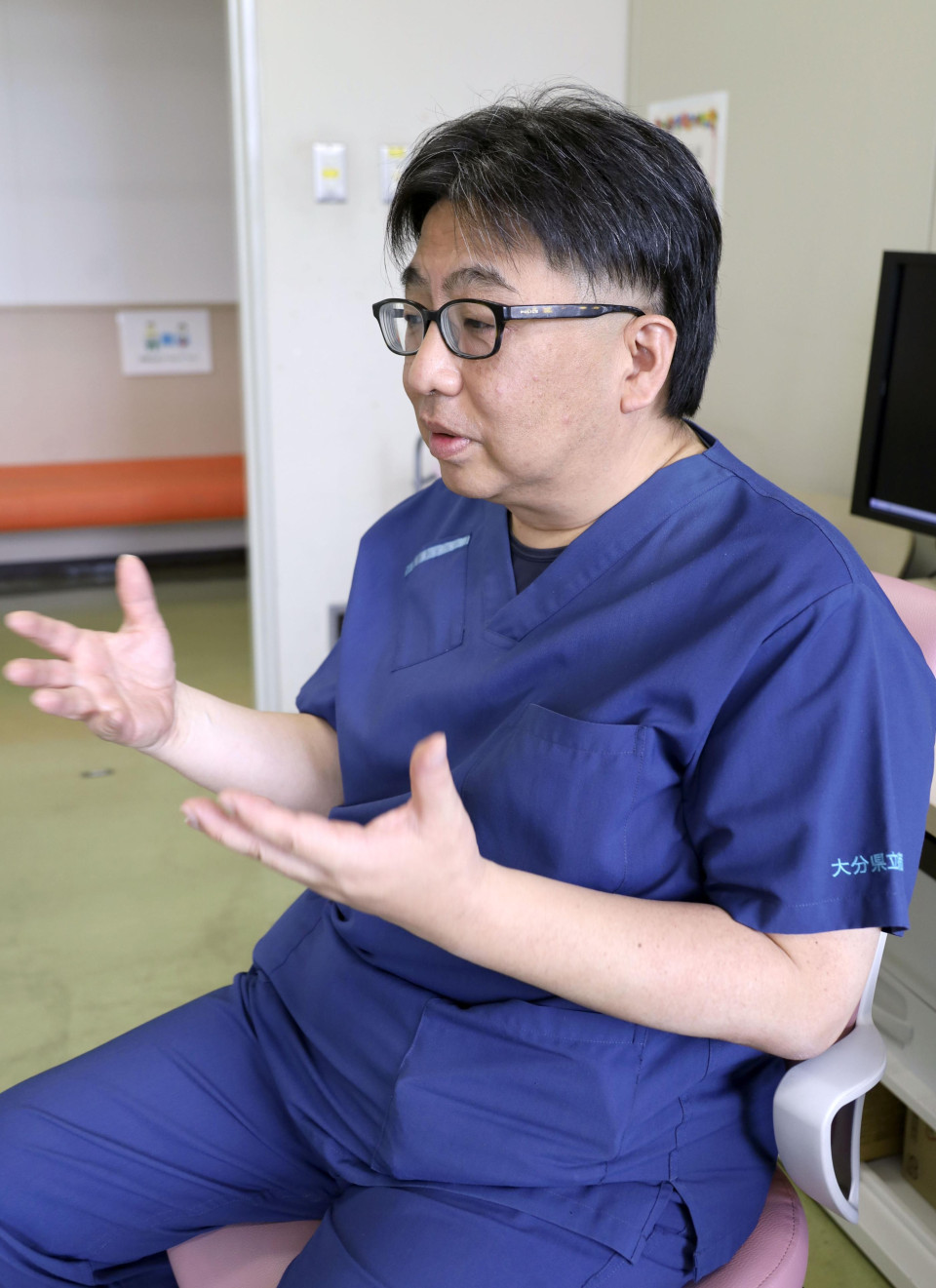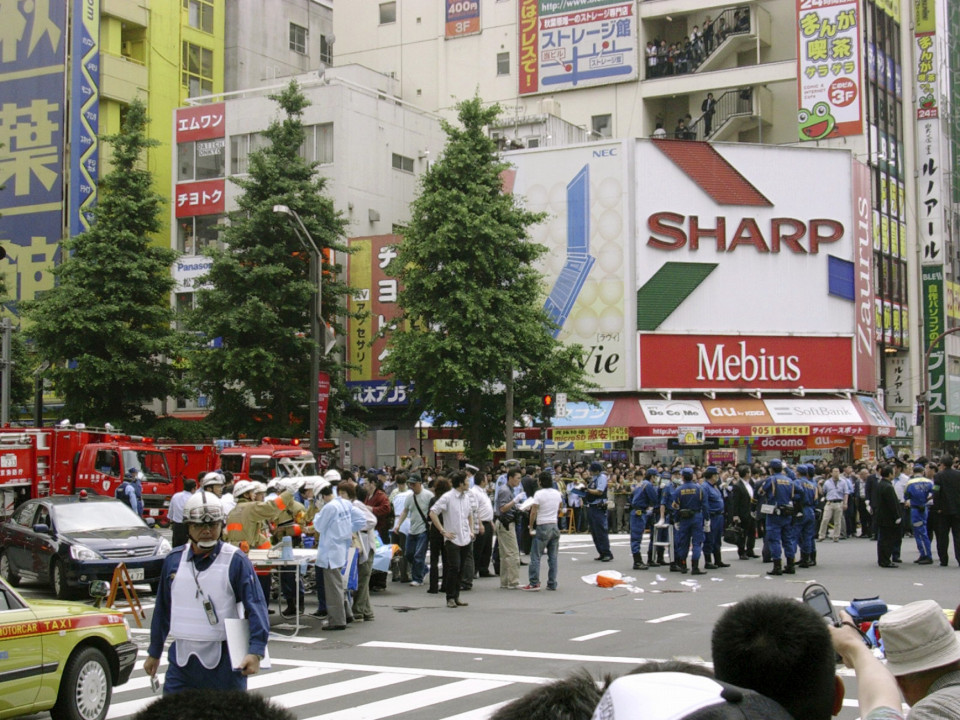From the piercing cry of sirens, physician Akihiko Yamamoto immediately knew something was very wrong when he arrived on the train platform at Tokyo's JR Akihabara Station on June 8, 2008.
Yamamoto, 52, who is now the critical care center director of Oita Prefectural Hospital, just happened to be in Akihabara that day. He later rushed to try to save the lives of two of the people who died from their wounds in one of Japan's worst mass murders in recent memory.

A total of seven people were killed and 11 injured, including the 25-year-old assailant Tomohiro Kato, in the knife-stabbing spree that took place in the Akihabara shopping quarters 16 years ago. Due to Japan being regarded as a society usually safe from violent crime, the incident shocked the nation and drew headlines across the world.
"What should we do if this happens again?" said Yamamoto, who feels regret as a doctor who was unable to save the lives of those he found injured following the tragic incident, causing him to question the state of emergency medical care in Japan.
On that Sunday afternoon, Kato drove a rented 2-ton truck into a crowd in the closed-off Chuo-dori pedestrian zone, initially killing three people and injuring two. He then climbed out of the truck while screaming and proceeded to stab 12 people with a dagger, killing four more and wounding eight.
Yamamoto, who at the time was the Oita hospital's emergency department head in southwestern Japan, had come to Tokyo for a conference. As he came through the turnstile, he saw more than a dozen ambulances, fire trucks and other emergency vehicles stopped at the scene.
He ran over to the nearby Tokyo Fire Department command post and handed over his business card. "I asked if there was anything I could do to help," Yamamoto told Kyodo News. After receiving instructions, Yamamoto first went to the aid of Mai Muto, then 21, a senior at Tokyo University of the Arts.
She was already barely conscious and breathing heavily. In the confusion, Yamamoto's request to paramedics to administer intravenous fluid to the woman went ignored, and Muto was placed in an ambulance with another physician before she died.
Takahiro Kawaguchi, then 19 and a sophomore at the Tokyo University of Information Sciences, was also in critical condition.
"We wanted to do what we could for him until the very end," said Yamamoto, who teamed up with the Tokyo Disaster Medical Assistance Team, or Tokyo DMAT, dispatched by the Tokyo metropolitan government, to administer an IV and intubation tube. Yamamoto volunteered to accompany Kawaguchi to the hospital, but he also did not survive.
Yamamoto was only at the scene for 30 to 40 minutes. He had no idea what had taken place beforehand and only learned the full story after watching the news later on TV.

Several months later, Yamamoto received a letter from Kawaguchi's grief-stricken family thanking him for intervening. "It really hurts that I was unable to save him," said Yamamoto, who still keeps the letter dear to his heart.
"I have never witnessed anything before or since as bad as that day," said Yamamoto, who said he now keenly understands the importance of quickly getting to the injured in cases of emergency. He sometimes talks about his experience of being at the Akihabara scene with the doctors he knows to impart the lessons he has learned.
However, in recent years, Yamamoto has been worried about the fact that some of the younger physicians seem to be unaware of the incident, suggesting it is becoming a fading memory to many.
Kato was sentenced to death by the Tokyo District Court in 2011. The sentence was upheld on appeal in 2015, and he was executed on July 26, 2022, when he was 39 years old. The incident prompted the enforcement in 2009 of the revised Firearms Control Law, which prohibits the possession of double-edged knives with a blade length of 5.5 cm or more.
As a physician involved in emergency care, Yamamoto is forever concerned about dealing with a similar incident, should it ever occur. He continues to pray for all of the victims of the mass killing and hopes that "the suffering of their bereaved families will be alleviated in some capacity."
Related coverage:
FEATURE: Palestinians in Japan raising voices in defense of their homeland
FEATURE: Japanese mosquito coils taking bite out of malaria in Kenya
Tourists making memories via pottery rebirth, manga stamp experiences
 By Shunichi Takishima,
By Shunichi Takishima,









 By Mei Kodama,
By Mei Kodama,